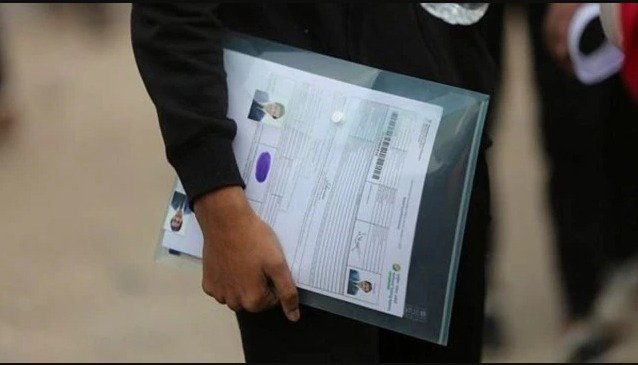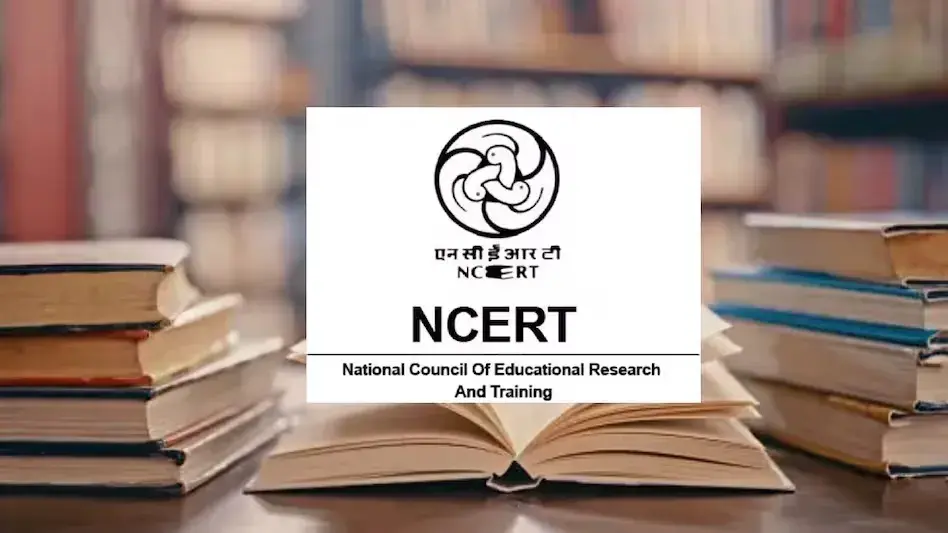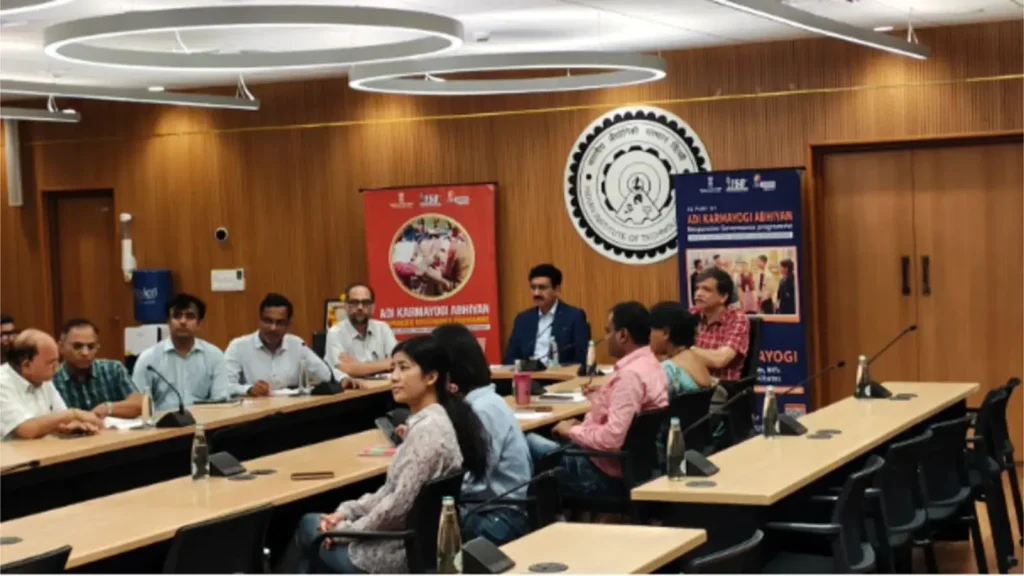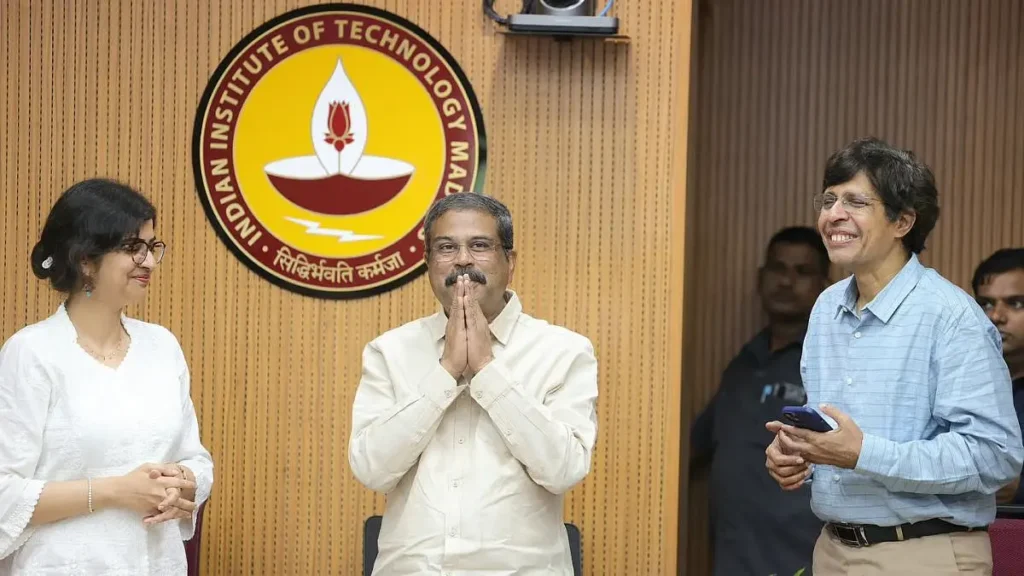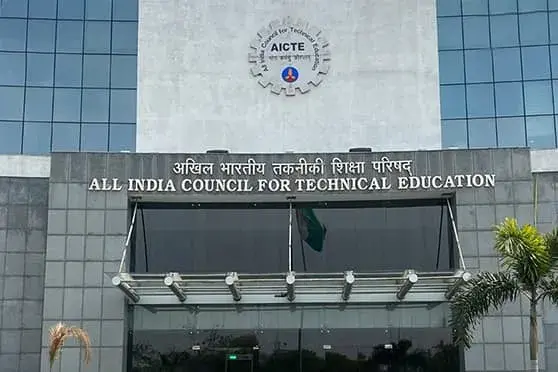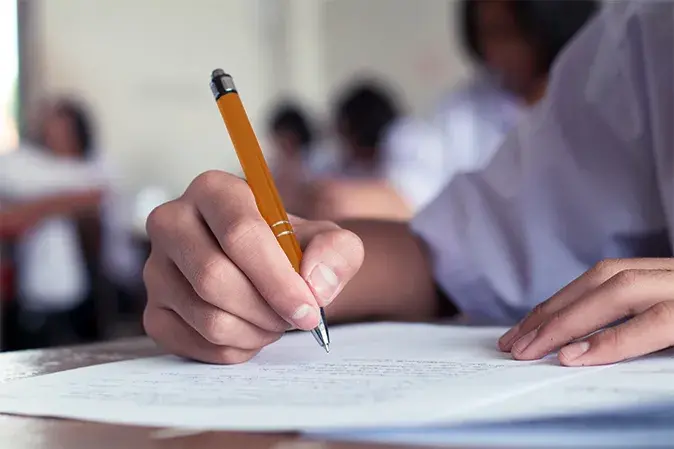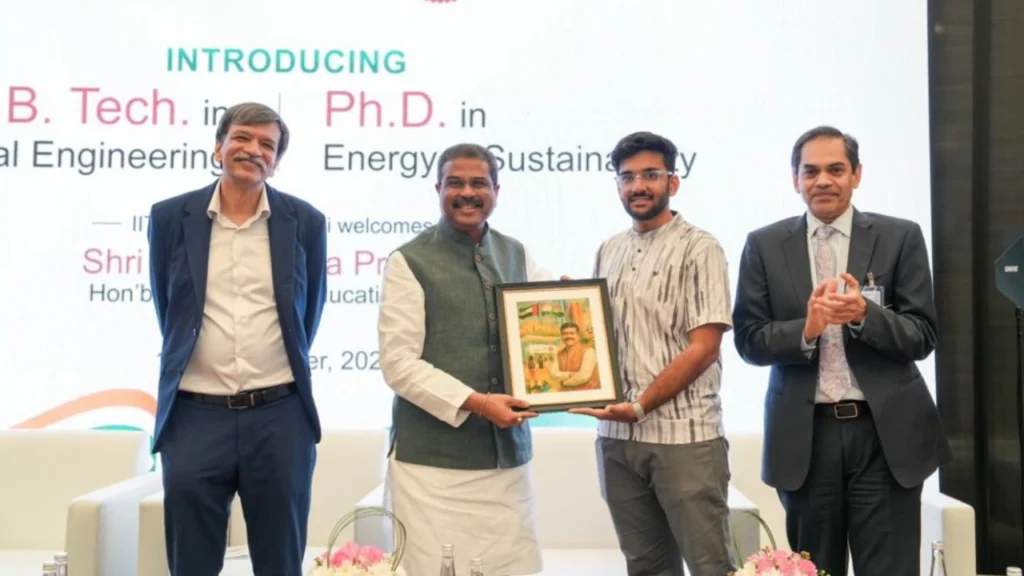JEE Main 2026 Registration to Begin in October; NTA Advises Students to Update Aadhaar and Certificates
The National Testing Agency (NTA) has announced that the registration process for the Joint Entrance Examination (JEE) Main 2026 will begin in October. The exam, as in previous years, will be conducted in two phases — the first in January 2026 and the second in April 2026. In its latest notification dated September 29, the NTA urged candidates to ensure that their Aadhaar details, category certificates (EWS/SC/ST/OBC-NCL), and UDID cards (for PwD candidates) are valid and updated before filling the application form. This step is intended to prevent application errors, document mismatches, or rejections during the admission process. The advisory emphasized that the Aadhaar card must accurately reflect the candidate’s name, date of birth (as per Class 10 records), address, photograph, and father’s name. PwD candidates are also required to renew or update their disability certificates as per norms. Reserved category aspirants must verify that their documents are in line with the latest guidelines. Candidates planning to appear for JEE Main 2026 are advised to follow updates on the official NTA portal (nta.ac.in) and the JEE Main website (jeemain.nta.nic.in) for detailed instructions, city intimation slips, and other exam-related notices. In 2025, the January session of JEE Main was held between January 22–30, while the April session took place from April 2–8. Registration last year began on January 2, followed by the release of the exam city intimation slip. Source: Indian Express

